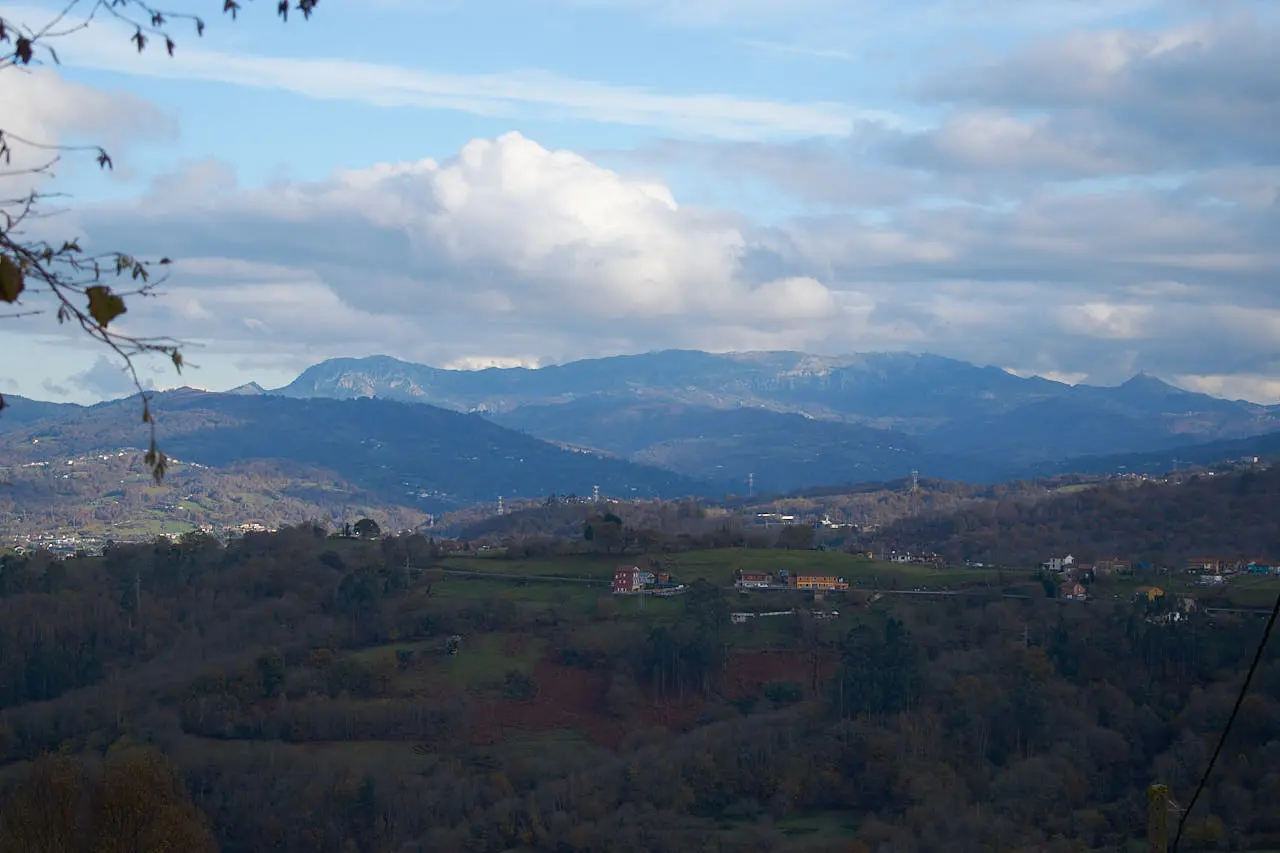
We both work in very precarious fields, so we aim at 12 months of expenses plus cash on hand equal to the single largest machine/system in the house (maybe it’s the heat pump, air conditioner, etc for you). I’m happier when we have 18 months in reserve.












Erebus class titan from EVE Online